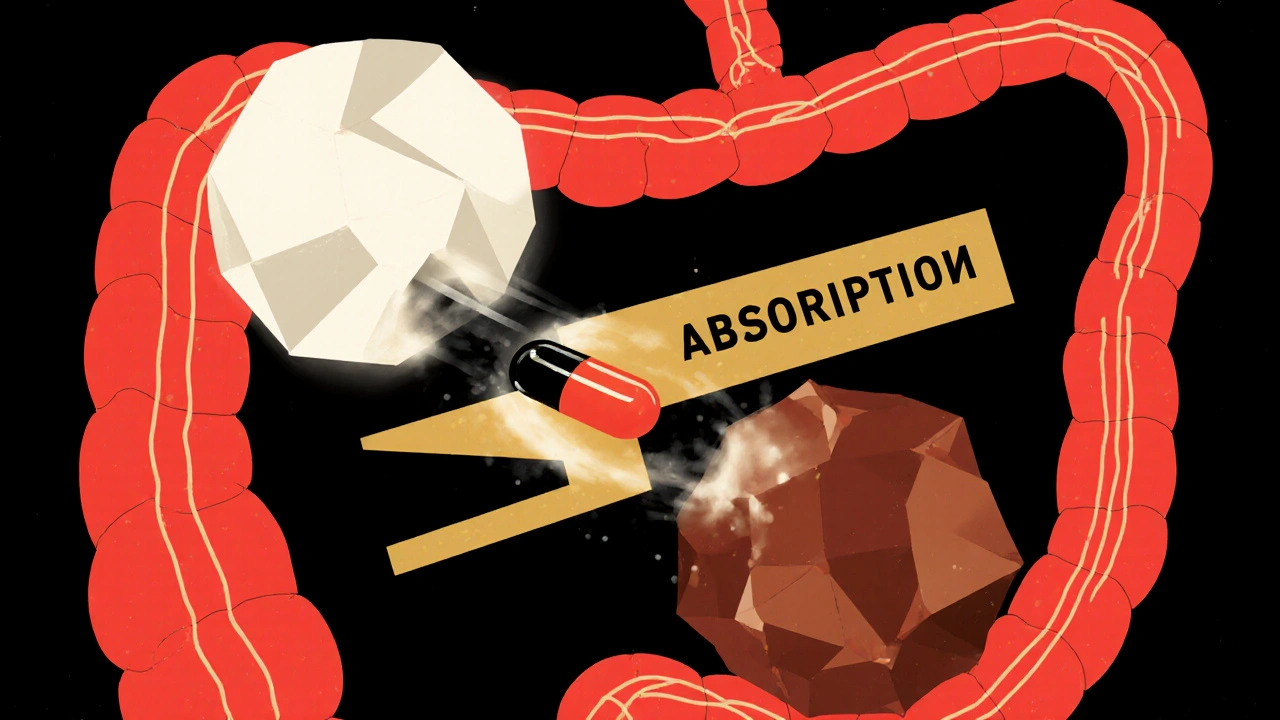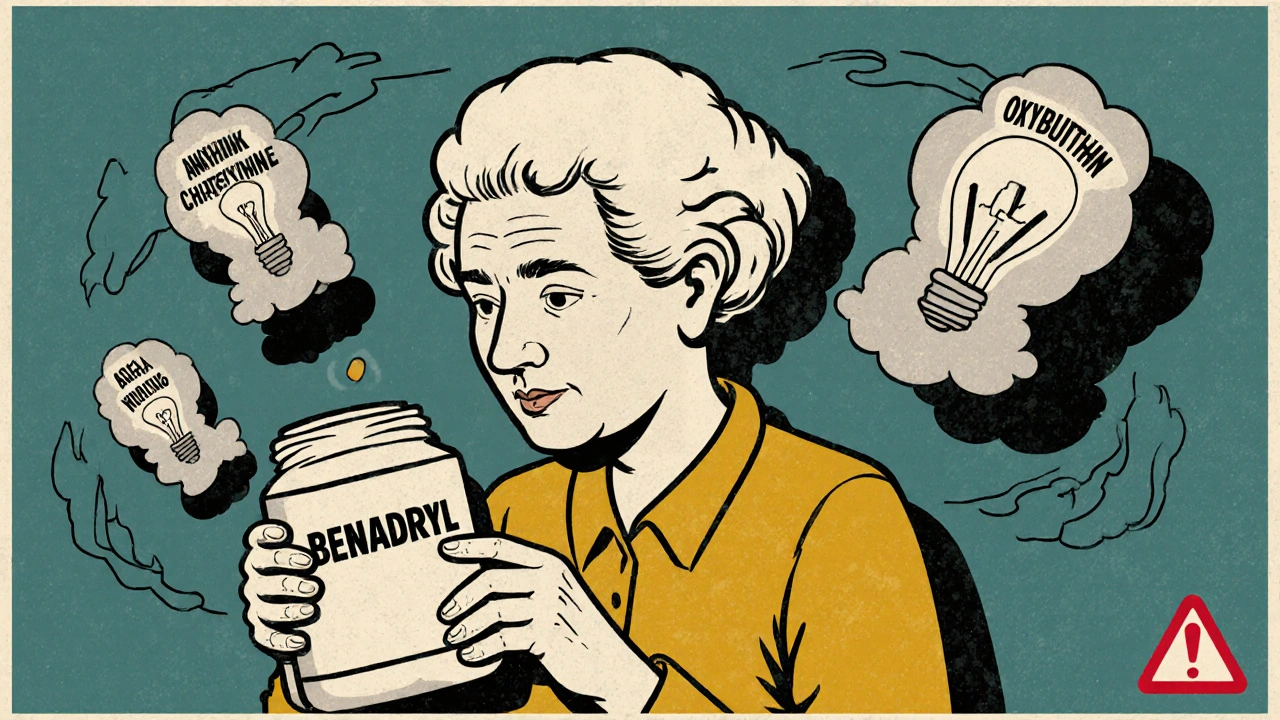Medication Interactions: What You Need to Know Before Taking Pills Together
When you take medication interactions, the unwanted effects that happen when two or more drugs react inside your body. Also known as drug interactions, they can make your medicine less effective, boost side effects, or even cause serious harm. This isn’t just about mixing pills—it’s about how your meds talk to each other, your food, supplements, and even your body’s own chemistry.
Take NSAIDs, common painkillers like ibuprofen or mefenamic acid used for inflammation and aches. They’re fine alone, but if you’re also on blood pressure meds or diabetes drugs, they can spike your blood pressure or mess with your glucose control. Same goes for melatonin, a sleep hormone many use to fall asleep faster. It doesn’t just help you sleep—it can slow down how your liver processes other drugs, including antidepressants or blood thinners. Even something as simple as an antibiotic, like azithromycin or roxithromycin, used to fight infections can interfere with birth control, blood thinners, or heart meds.
These aren’t rare cases. People on multiple prescriptions, older adults, or those using supplements like turmeric, fish oil, or St. John’s wort are at higher risk. You might not feel anything right away, but over time, these hidden clashes can damage your kidneys, raise your risk of bleeding, or make your diabetes harder to control. Doctors don’t always catch them—especially if you’re buying over-the-counter meds or supplements online without telling them.
That’s why knowing what you’re mixing matters more than ever. Whether you’re taking Glucotrol XL for diabetes, Ventolin for asthma, or lenalidomide for cancer, there’s a real chance another pill you’re using could be working against you. The posts below break down real examples: how modafinil affects blood pressure, why celecoxib can be risky with heart meds, and what happens when you combine antibiotics with sleep aids. You’ll find clear comparisons, side effect warnings, and practical tips to stay safe—no jargon, no guesswork. Just what you need to ask your doctor or pharmacist before you take your next pill.



